HOT PRODUCTS
Understanding Hard Water and Its Impact on Health
Hard water is water that contains a high concentration of minerals, mainly calcium and magnesium. These minerals can accumulate over time and cause scaling in pipes, but their effects may go beyond just plumbing. Some studies suggest that hard water could potentially affect digestive health, including contributing to constipation. In this article, we will explore the possible connection between hard water and constipation, and what you can do to mitigate any negative effects.
How Hard Water Affects Digestion
The minerals found in hard water can have an impact on the digestive system. While drinking hard water is not inherently dangerous, some individuals may find that the mineral content can affect their bowel movements. Here's how:
- Calcium and magnesium can bind with other nutrients, making them less available for absorption. This could disrupt normal digestive function.
- For some people, high levels of calcium may lead to harder stools, which can contribute to constipation.
- If you consume large amounts of hard water over time, it may increase the overall mineral load in your system, affecting the balance of electrolytes and leading to digestive discomfort.
Is There a Direct Link Between Hard Water and Constipation?
While the connection between hard water and constipation isn't fully established in scientific research, there are a few factors that suggest a potential link. It's important to note that constipation can result from various causes, including diet, hydration levels, and stress. However, if you live in an area with hard water and notice consistent digestive issues, it could be contributing to the problem.
Factors That May Amplify the Effect of Hard Water on Constipation
- Low water intake: Hard water, being less palatable for some, may result in lower overall water consumption, which is a major factor in constipation.
- Diet: Diets high in calcium or low in fiber may interact poorly with hard water, exacerbating constipation.
- Underlying health conditions: People with gastrointestinal conditions may be more sensitive to hard water’s mineral content.
How to Reduce the Impact of Hard Water on Your Digestive Health
If you suspect that hard water is affecting your digestive health, there are several practical steps you can take to reduce its impact:
1. Install a Water Softener
A water softener can help reduce the mineral content of your water, making it easier on your digestive system. This is especially helpful if you're sensitive to calcium or magnesium in your water.
2. Stay Hydrated
Make sure you are drinking enough water throughout the day. While hard water may not be as enjoyable to drink, staying hydrated is crucial for preventing constipation.
3. Adjust Your Diet
A balanced diet rich in fiber, with plenty of fruits and vegetables, can help promote regular bowel movements. Additionally, consider reducing foods high in calcium if you believe it's exacerbating your constipation.
4. Monitor Electrolyte Balance
Ensure that your electrolyte balance is maintained. Magnesium supplements, or magnesium-rich foods, might help counteract any constipation caused by excess calcium from hard water.
When to Seek Medical Advice
If you experience persistent constipation, bloating, or digestive discomfort, it's important to consult a healthcare provider. They can help determine if hard water is a contributing factor or if there is another underlying cause that requires treatment.





 Language
Language
 English
English Español
Español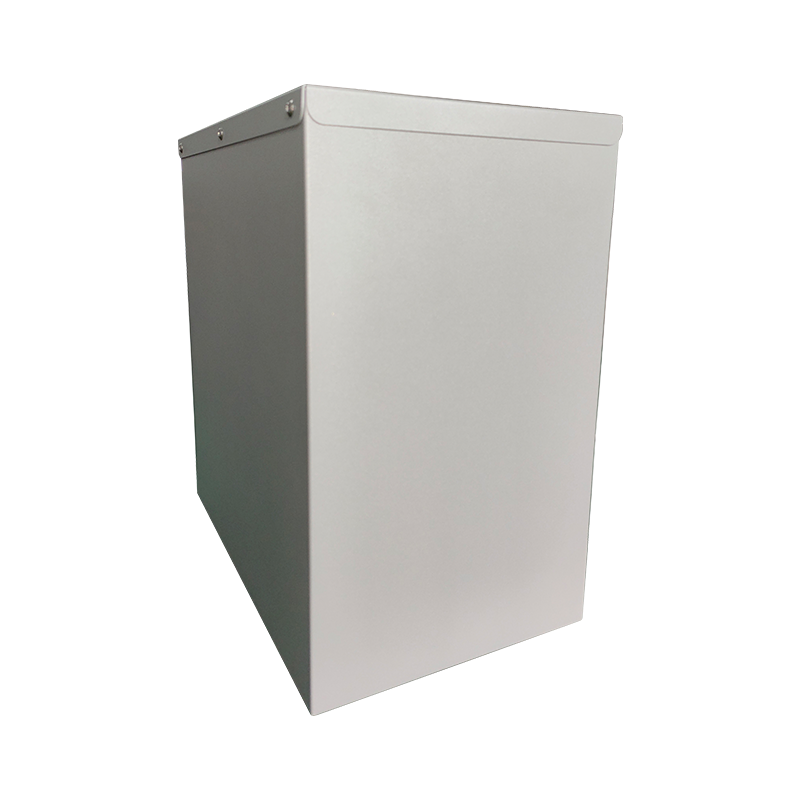

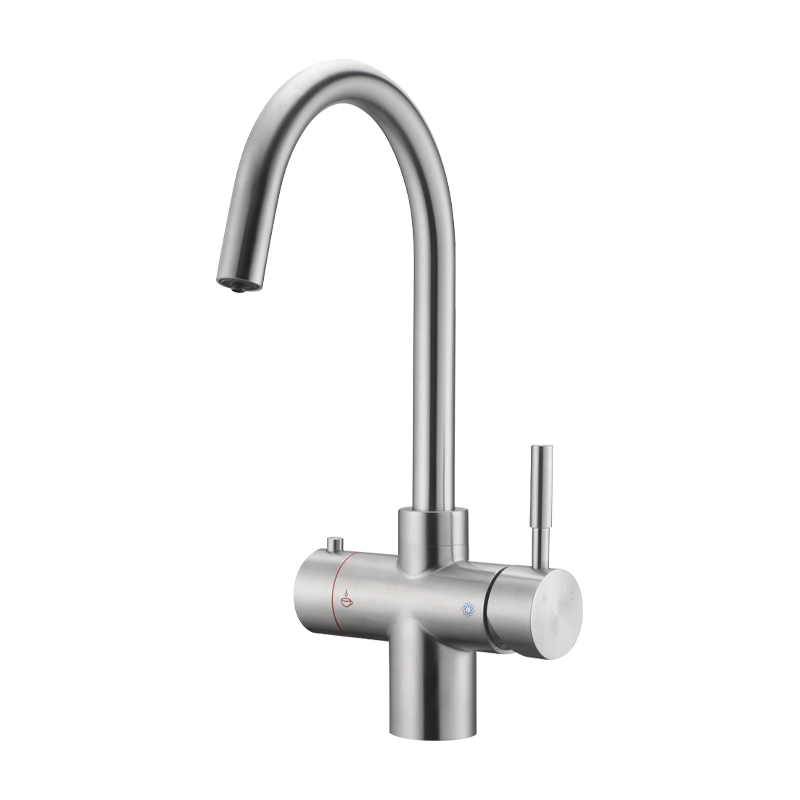
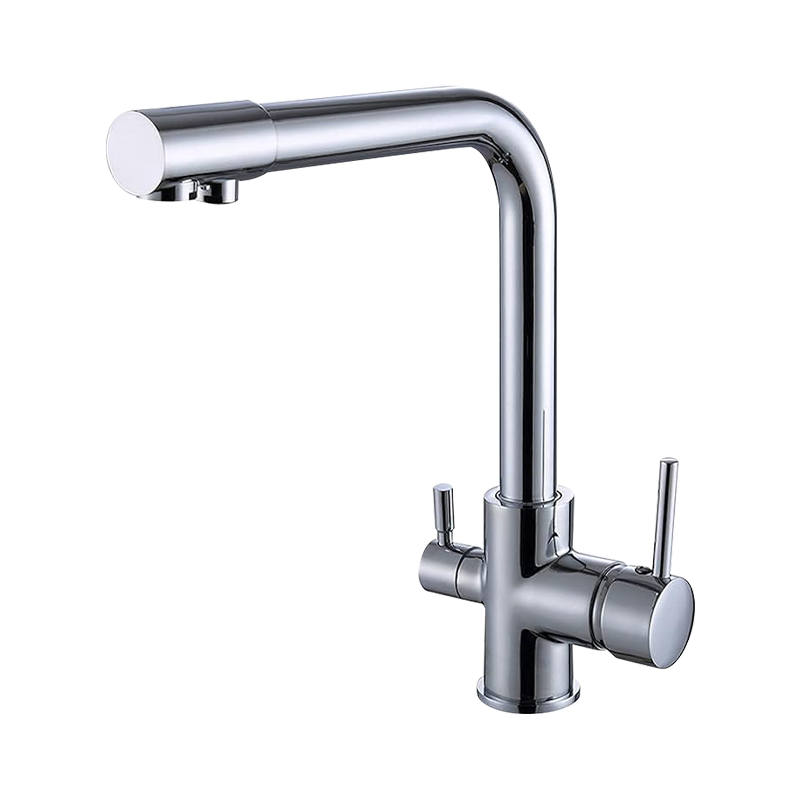

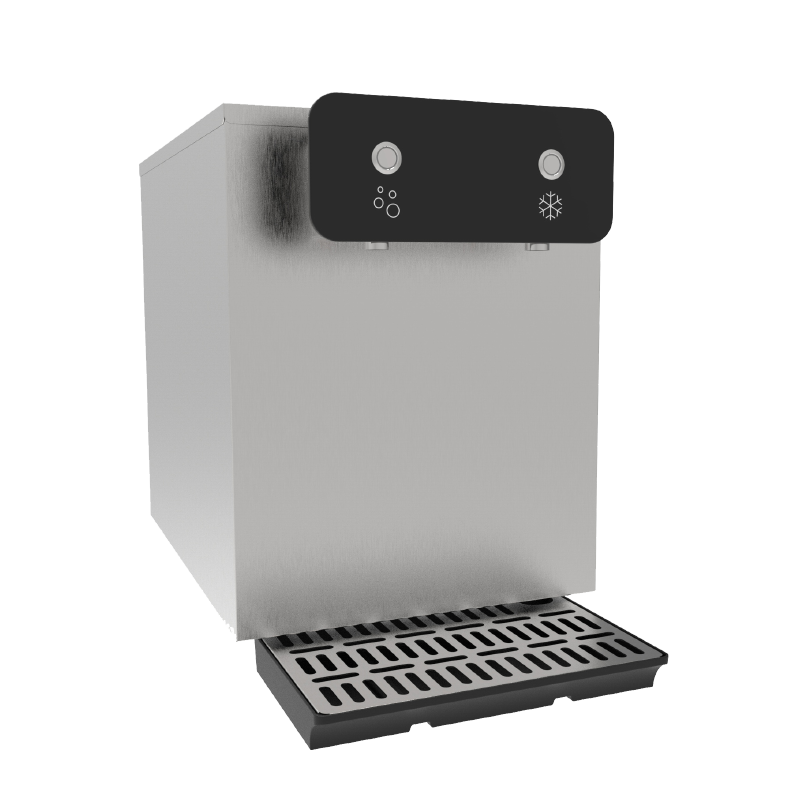
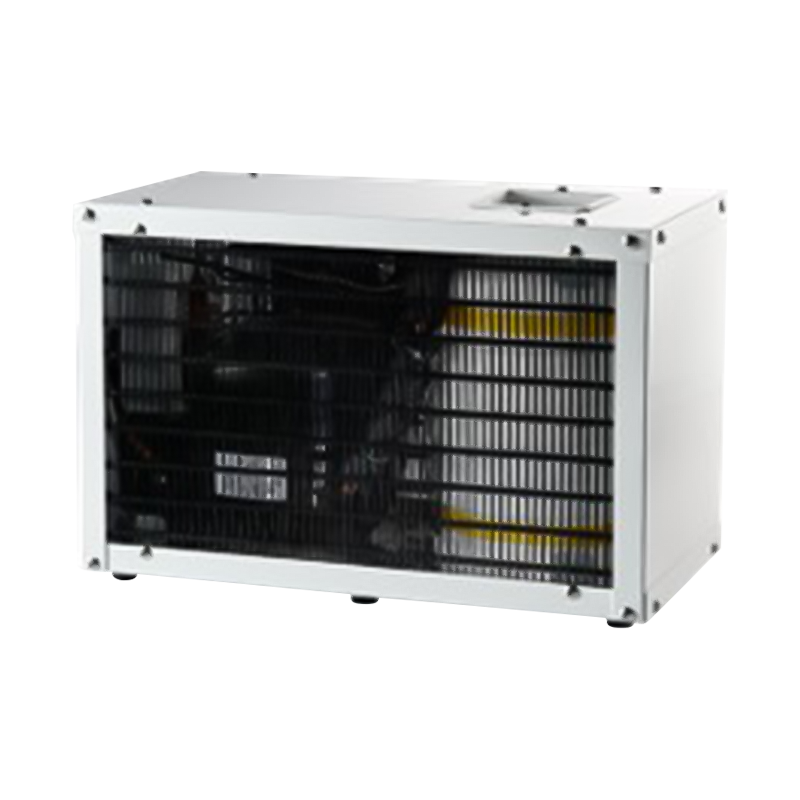
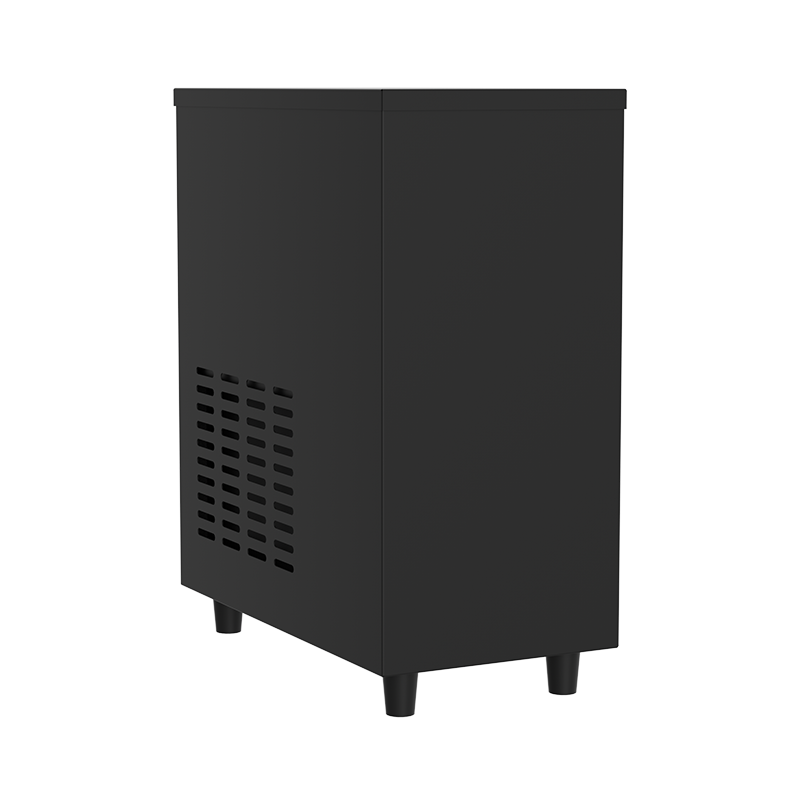
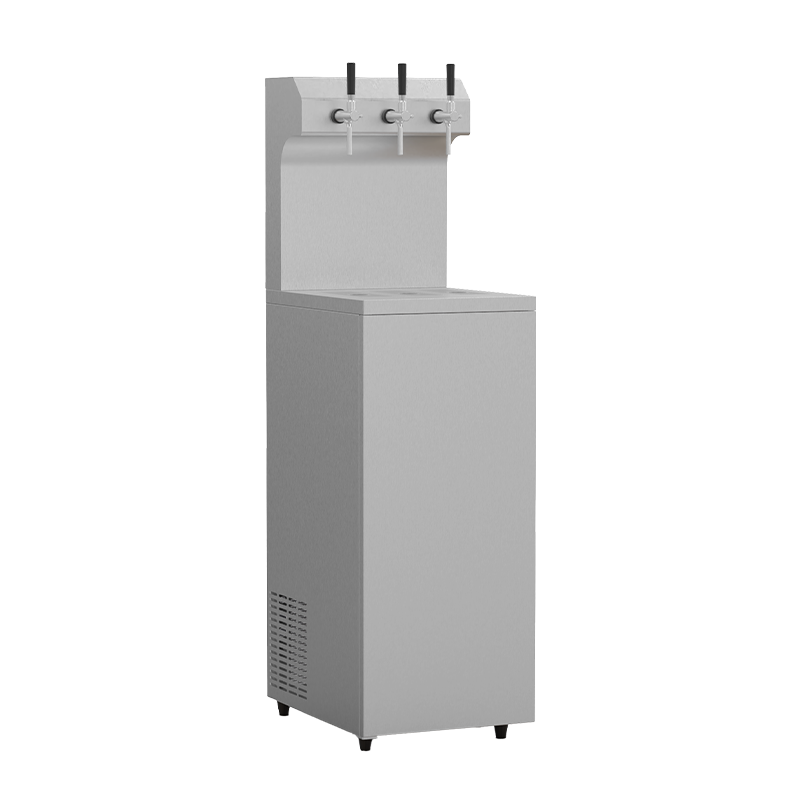
 ADDRESS
ADDRESS CONTACT
CONTACT EMAIL
EMAIL